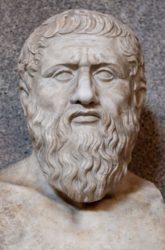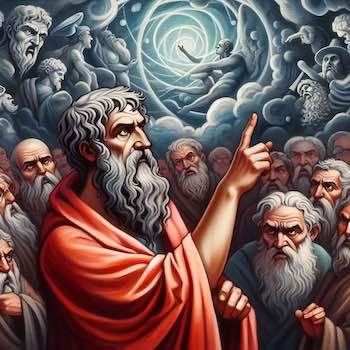Teleological blindness
Teleology and pseudo-ontology Teleology is looking at things by their purpose. It is not the direct causal meaning, that is: the elements in relation are the origin and cause the result. In teleology the starting point is the result. The elements are only the intermediaries to achieve this. Inescapably. Teleology is characteristic of the mind. … Read more






